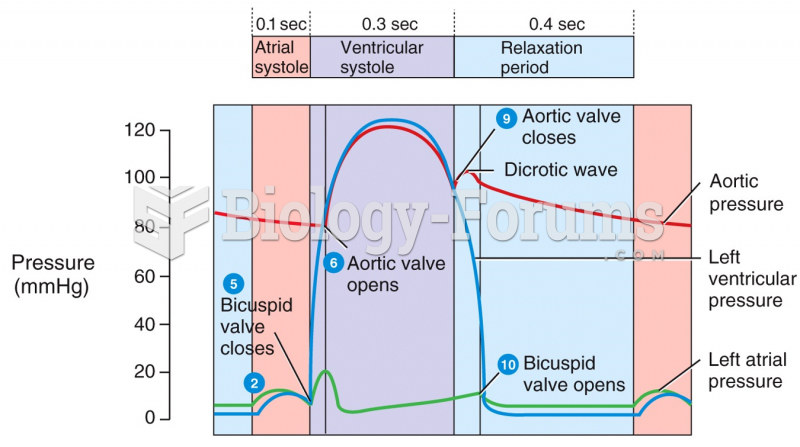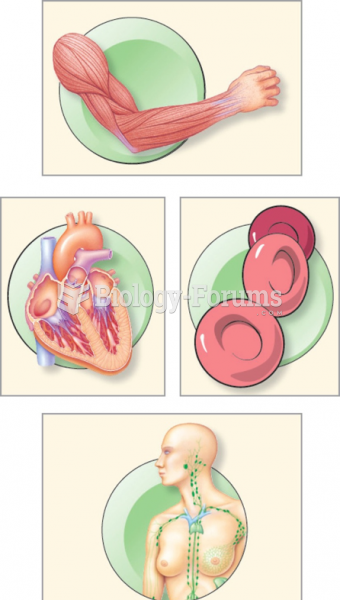|
|
|
This year, an estimated 1.4 million Americans will have a new or recurrent heart attack.
After 5 years of being diagnosed with rheumatoid arthritis, one every three patients will no longer be able to work.
More than nineteen million Americans carry the factor V gene that causes blood clots, pulmonary embolism, and heart disease.
For about 100 years, scientists thought that peptic ulcers were caused by stress, spicy food, and alcohol. Later, researchers added stomach acid to the list of causes and began treating ulcers with antacids. Now it is known that peptic ulcers are predominantly caused by Helicobacter pylori, a spiral-shaped bacterium that normally exist in the stomach.
Many supplement containers do not even contain what their labels say. There are many documented reports of products containing much less, or more, that what is listed on their labels. They may also contain undisclosed prescription drugs and even contaminants.







